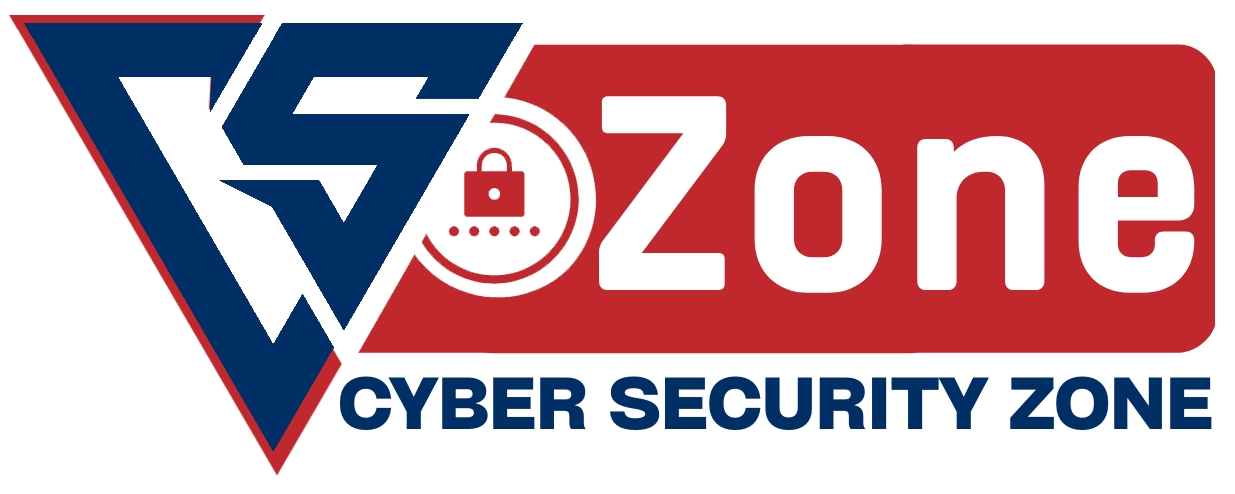The Dark Web, a hidden corner of the internet, has garnered notoriety for its anonymity and illicit activities. While it’s tempting to explore, it’s essential to understand the risks and take precautions to protect yourself. Let’s delve into the Dark Web, its risks, and strategies to mitigate them.
What is the Dark Web?
The Dark Web is a part of the internet that isn’t indexed by traditional search engines like Google. It requires special software, such as Tor (The Onion Router), to access, offering users anonymity and privacy. While not all activities on the Dark Web are illegal, it’s notorious for hosting illicit marketplaces, hacking forums, and other nefarious activities.
Risks of Exploring the Dark Web:
1. Exposure to Illegal Activities:
Navigating the Dark Web exposes you to illegal activities, including the sale of drugs, weapons, stolen data, and hacking tools. Engaging in or even unintentionally viewing such activities can have legal consequences.
2. Malware and Scams:
The Dark Web is rife with malware and scams designed to steal personal information, financial data, and credentials. Clicking on malicious links or downloading files can compromise your device and put your security at risk.
3. Law Enforcement Monitoring:
Law enforcement agencies actively monitor the Dark Web for criminal activity. Even innocent exploration could raise suspicion and attract unwanted attention from authorities.
Mitigation Strategies:
1. Understand the Risks:
Educate yourself about the risks associated with the Dark Web before exploring. Be aware of the legal implications and potential consequences of engaging in illegal activities.
2. Use Secure and Anonymous Tools:
If you choose to explore the Dark Web, use secure and anonymous tools like the Tor browser to protect your identity and privacy. Avoid accessing the Dark Web from your regular browser or network to prevent exposing your IP address.
3. Practice Safe Browsing Habits:
Exercise caution when navigating the Dark Web. Avoid clicking on suspicious links, downloading unknown files, or engaging in transactions with untrusted vendors. Assume that everything on the Dark Web is potentially harmful or illegal.
4. Protect Your Device:
Keep your device and security software up-to-date to defend against malware and cyber threats. Use reputable antivirus and anti-malware solutions to scan for and remove malicious software.
5. Guard Your Personal Information:
Avoid sharing personal information, financial details, or credentials on the Dark Web. Assume that any information you provide could be exploited for malicious purposes.
6. Limit Your Exposure:
Minimize your time on the Dark Web and avoid engaging in risky activities. Remember that curiosity can quickly lead to trouble, so exercise restraint and discretion.






